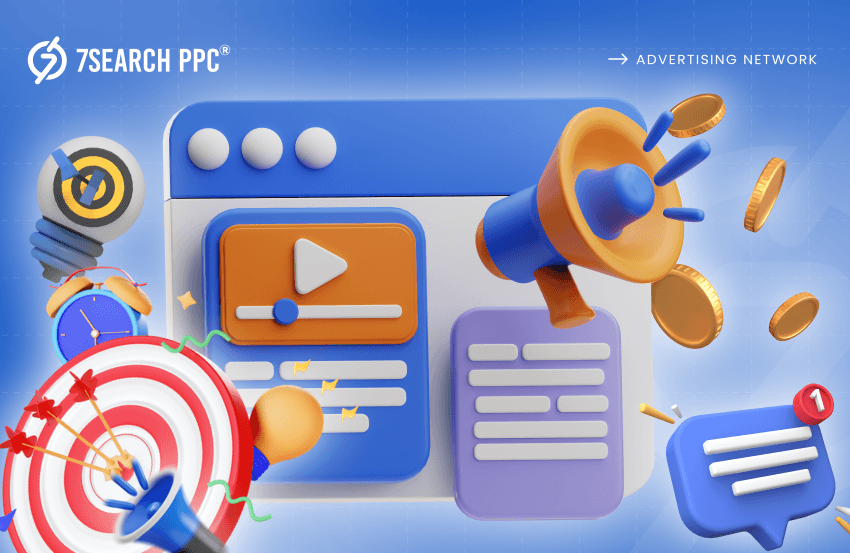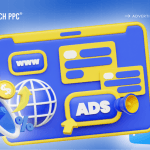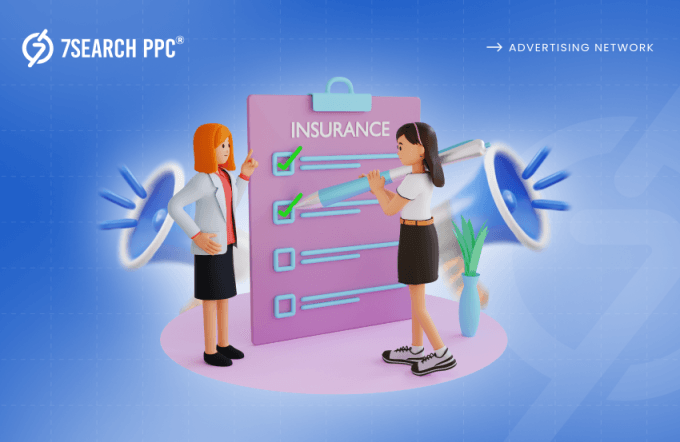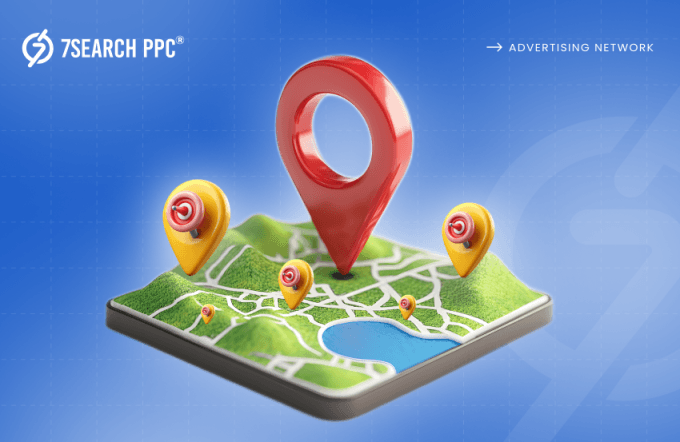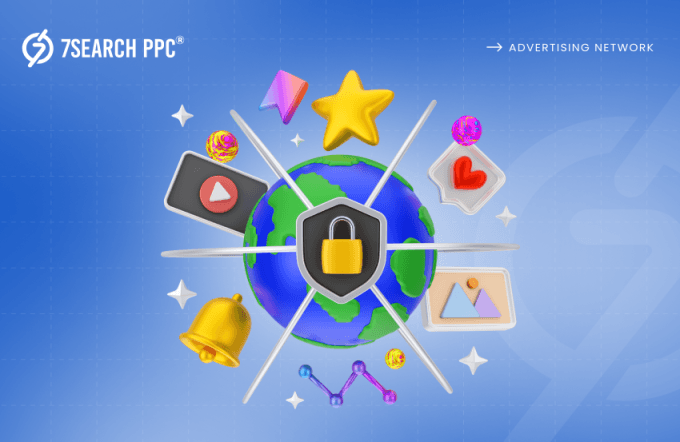In modern times, traditional advertising, such as television commercials and print media ads, has taken a backseat. Now, with the increasing digitalization, online advertising that involves a more targeted approach is used more prominently so that the ads can effectively reach those people who are the company’s potential clients.
We will discuss one such approach in detail in this blog – “Contextual Advertising” We will discuss several things about contextual advertising, such as what it is, what its advantages and disadvantages are, and what its future prospects are.
Getting An Idea Of Contextual Advertising
Contextual advertising is one of the most effective forms of Internet advertising. It works on the principle that web users are presented with ads that are related to the content that they view on the internet. These similarities are detected through several factors, such as keywords and the context of the web pages and/or apps that the users view.
One of the prominent technologies that are used in contextual advertising is natural language processing (NLP). This technology helps machines understand and interpret human language, allowing them to analyze the content that is viewed by human beings and drive meaningful insights from it. This way, advertisers can identify which type of content is liked by specific users, and it allows them to create ads according to their likings.
Advantages Of Contextual Advertising
In this part, we will discuss some of the biggest advantages of using contextual advertising.
These advantages are the following:
- Relevancy Of The Ads: A great advantage of contextual advertising is that it ensures that the ads are created on the basis of content that is liked by the users so that the chances of engagement and conversions increase due to the relevancy that they will feel.
- Cost Efficiency: It is obvious that traditional advertising, such as television commercials, magazine ads, banners, and hoardings, is very costly. Contextual advertising has come as a cost-efficient alternative. It prevents your precious money from getting drained because it is based on a better-targeted approach.
- Better User Experience: Contextual advertising enhances the user experience. Let’s understand how. When the users are shown ads that are relevant to them or that are of some use to them, it engages them, and the chances of conversion increase.
- Enhanced Return On Investment (ROI): The combination of precise targeting and relevance of the ads that are shown to the users ensures that the advertisers get a high return on investment (ROI) by using contextual advertising. When users are shown ads for products or services that interest them, the chances of conversions increase. This obviously leads to advertisers getting better results and, thus, a better ROI.
- Adaptability: Another amazing feature of contextual advertising is that it is highly adaptable to various platforms and formats. For instance, several kinds of display ads, such as banner ads and video ads, can be used for contextual advertising.
Disadvantages Of Contextual Advertising
Even if something seems to be the best, it still has some disadvantages. Let’s discuss some of the disadvantages of contextual advertising:
- Irritation For The User: We discussed earlier that contextual advertising ads have a disruptive nature. But sometimes, this disruptive nature irritates the user, who gets easily distracted by these ads, which are relevant to the content that the user is viewing.
- Requirement Of Deep Knowledge: When you are trying to create ads that should be relevant to the content that a particular section of users find of their use, you can not afford to commit mistakes in making the ads as relevant as possible. Thus, you need to have a deep knowledge of creating such relevant ads.
Future Prospects Of Contextual Advertising
It is not wrong to say that the future of contextual advertising looks pretty promising, with several advancements in technology shaping the direction in which it is moving:
Artificial Intelligence (AI) And Machine Learning
Artificial intelligence (AI) and machine learning have already progressed really well, and their progress keeps on going. In the future, several AI and machine learning algorithms will be developed that will excel in understanding user intent and creating ads relevant to their choices and interests, making contextual advertising much more effective than it is in the present.
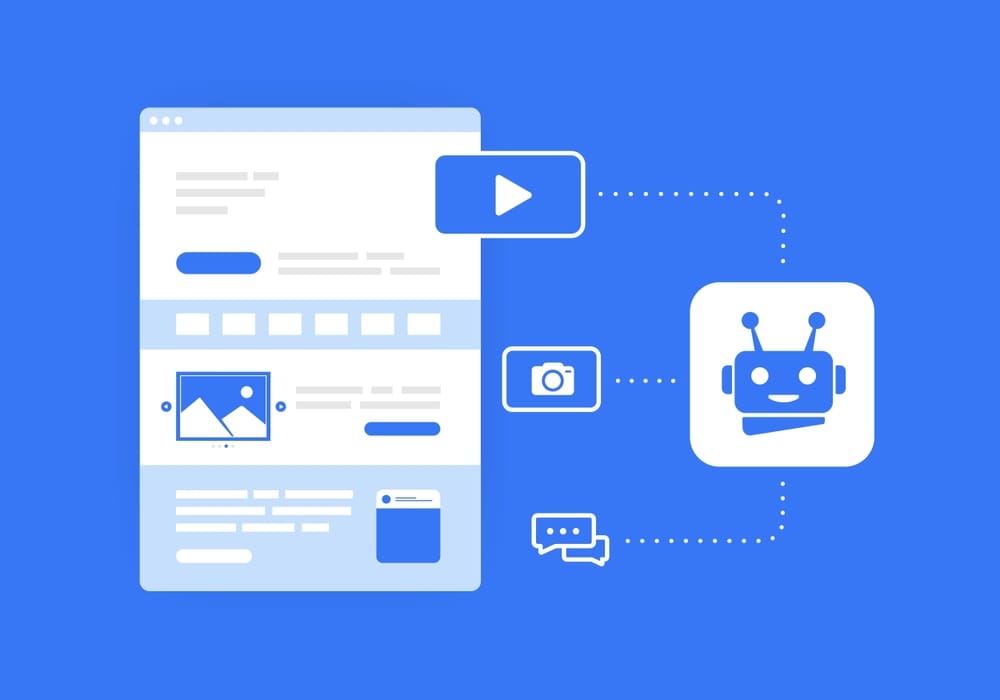
Cross-Device Targeting
With internet users accessing content on various platforms, such as personal computers, laptops, mobiles, and tablets, cross-device targeting will become critical for contextual targeting. Due to this, the advertisers will need to adopt strategies that enable them to deliver consistent ad experiences across various platforms.
Contextual Video Advertising
With the increasing popularity of video ads, advertisers can leverage them for the growth of their business. We know that human beings are highly perceptive to videos, and advertisers can use video ads to the best of their abilities for contextual advertising.
Concerns Regarding Privacy Of Data
It is no surprise that the privacy of data has always been one of the biggest concerns of the whole information technology (IT) sector. Rules and regulations regarding the protection of data always keep evolving, and advertisers must keep themselves updated about these.
The future of contextual looks promising for one more reason, which is that it does not rely upon individual user data to collect content-related information and advertising.
Combining With Voice Search
Voice search has become highly prevalent and is still growing pretty rapidly. Thus, with voice search dominating the digital landscape, it has become crucial that contextual advertising adapts to this feature. Advertisers must use this technology to enhance the engagement of their ads.
Best Alternative For The Adsense Platform – 7Search PPC
One of the best alternatives for the Adsense platform is 7Search PPC. Now, what could be the reasons for it? The reason for this is that 7Search PPC offers you several benefits.
These benefits include:
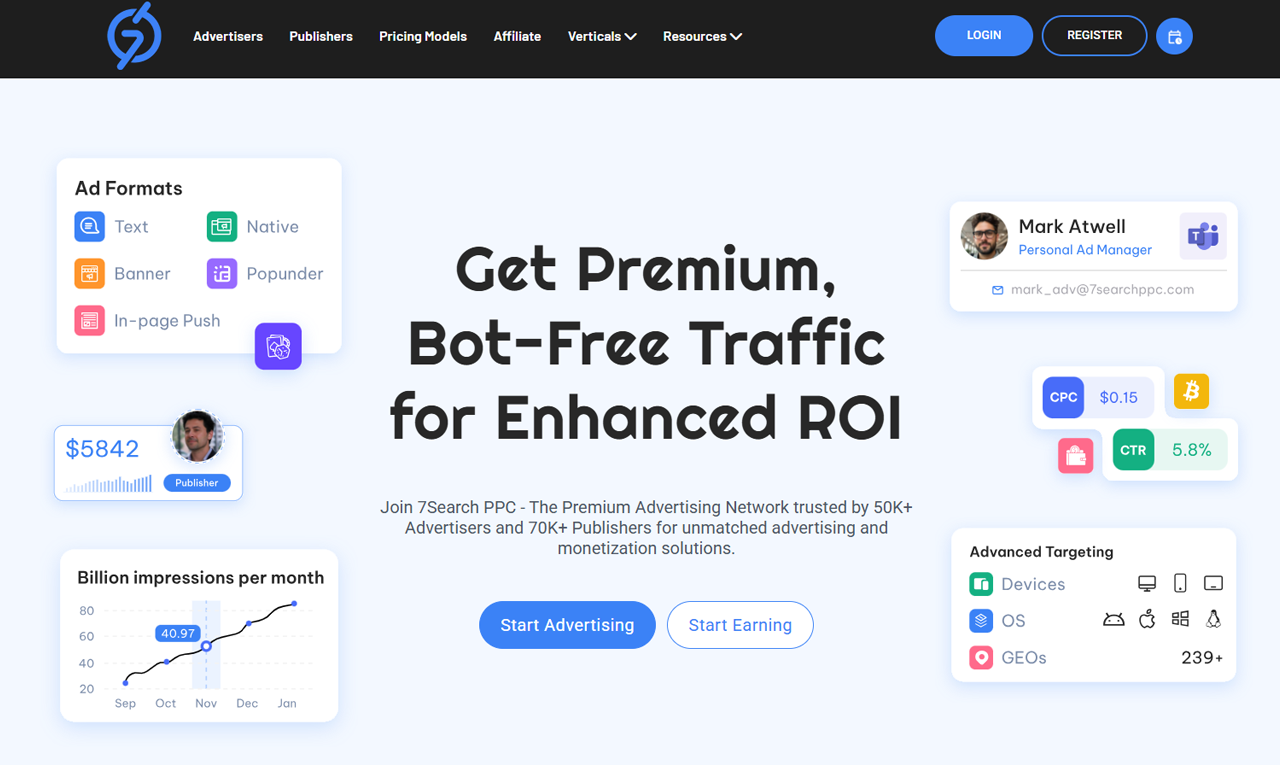
1. Multiple Options: 7Search PPC has connections with a large number of quality publishers across the globe. So, if, as an advertiser, you decide to connect with us, you will have the facility to choose from various publishers’ platforms for the promotion of your business.
2. User-Friendly Interface: Our ad network has an easy-to-use user interface, which makes it pretty easy to manage your ad campaigns.
3. Analytics Tools: Various analytics tools are also provided to you for tracking the progress of your ad campaigns. This analysis is necessary as it lets you take the required action for your ad campaigns.
4. Real-Time Monitoring: We provide you the facility to monitor the progress of your ad campaigns live. This lets you implement the required actions immediately.
5. Ad formats: 7Search PPC offers various ad formats, so you can use any of them according to your needs. These ad formats are – text ads, in-page push ads, banner ads, popunder ads, native ads, and video ads (coming soon).
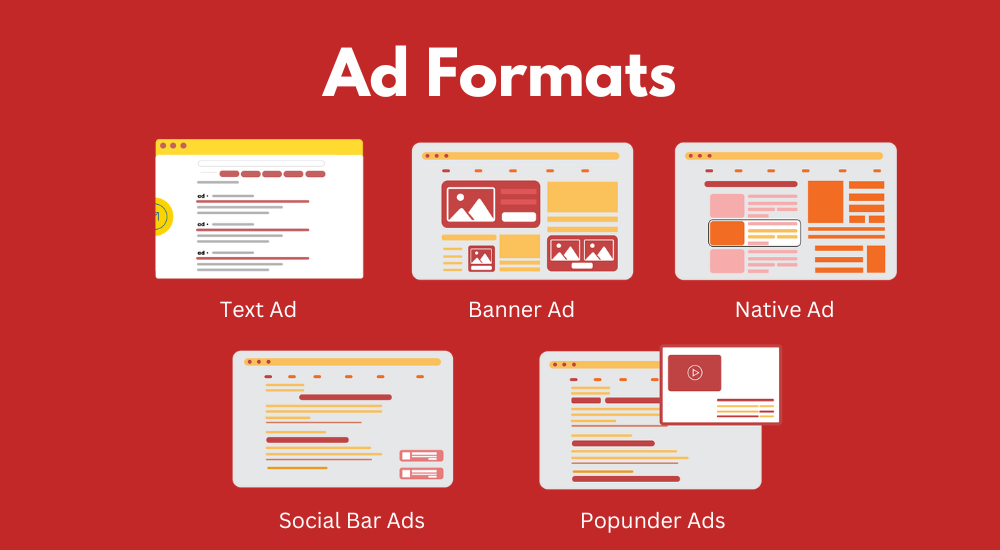
6. 24*7 Customer Support: Our talented and hard-working team tries its best not to give you any chance to complain, but let’s admit no one is perfect. So, if you face any trouble from our side or regarding any operation on our site, contact us, and we will try to resolve your problem as soon as possible.
7. Advanced Security: We use a three-layered advanced security system because we care for the security of your data and information as much as you do. A blend of imaginative in-house and third-party fraud detection systems is used to provide you with an exceptional experience.
Conclusion
In conclusion, contextual advertising represents a highly effective and efficient approach to digital advertising. By delivering ads that are relevant to the user’s interests and current activities, contextual advertising enhances user experience, improves targeting accuracy, and increases ROI for advertisers. With advancements in technology and evolving consumer behaviors, the future prospects of contextual advertising remain bright, offering several opportunities for advertisers to engage with their target audience effectively.
Frequently Asked Questions (FAQs)
What do you understand by contextual advertising?
Ans. Contextual advertising is a form of advertising that involves promoting a business through ads that are created on the basis of the content that a user engages with. Thus, contextual advertising is highly personalized.
What are some advantages of contextual advertising?
Ans. Some advantages of contextual advertising are cost efficiency, enhanced user experience, better return on investment (ROI), and high conversion rate.
What are some of the disadvantages of contextual advertising?
Ans. Although there are many advantages to contextual advertising, there are also some disadvantages, such as creating ads that are highly relevant to a particular section of an audience requires deep knowledge, and sometimes highly relevant ads might distract users from focusing on the content they are viewing, and this can irritate them.
How does artificial intelligence (AI) offer a promising future for contextual advertising?
Ans. Artificial intelligence (AI) has already progressed pretty well, and this progress is still ongoing. In the future, AI algorithms will be developed that will be effective in understanding user intent and creating ads relevant to their choices and interests. This will make contextual advertising much more effective and popular than it is in the present.
What are some of the benefits provided by the ad network 7Search PPC?
Ans. Some of the benefits that are provided by 7search PPC are a user-friendly interface, various ad formats, analytics tools, real-time monitoring of ad campaigns, and 24*7 customer support.


